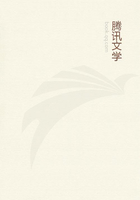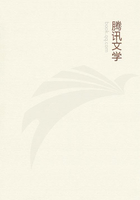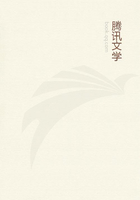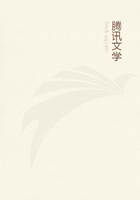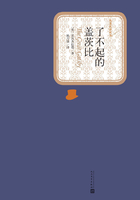When I visited the salina, fifteen miles above the town, the salt was beginning to crystallise, and on the muddy bottom there were lying many crystals, generally placed crossways of sulphate of soda (as ascertained by Mr.Reeks), and embedded in the mud, numerous crystals of sulphate of lime, from one to three inches in length: M.d'Orbigny states that some of these crystals are acicular and more than even nine inches in length ("Voyage Geolog." page 64.); others are macled and of great purity: those I found all contained some sand in their centres.As the black and fetid sand overlies the gravel, and that overlies the regular tertiary strata, I think there can be no doubt that these remarkable crystals of sulphate of lime have been deposited from the waters of the lake.The inhabitants call the crystals of selenite, the padre del sal, and those of the sulphate of soda, the madre del sal; they assured me that both are found under the same circumstances in several of the neighbouring salinas; and that the sulphate of soda is annually dissolved, and is always crystallised before the common salt on the muddy bottom.(This is what might have been expected; for M.
Ballard asserts "Acad.des Sciences" October 7, 1844, that sulphate of soda is precipitated from solution more readily from water containing muriate of soda in excess, than from pure water.) The association of gypsum and salt in this case, as well as in the superficial deposits of Iquique, appears to me interesting, considering how generally these substances are associated in the older stratified formations.
Mr.Reeks has analysed for me some of the salt from the salina near the Rio Negro; he finds it composed entirely of chloride of sodium, with the exception of 0.26 of sulphate of lime and of 0.22 of earthy matter: there are no traces of iodic salts.Some salt from the salina Chiquitos, in the Pampean formation, is equally pure.It is a singular fact, that the salt from these salinas does not serve so well for preserving meat, as sea-salt from the Cape de Verde Islands; and a merchant at Buenos Ayres told me that he considered it as 50 per cent less valuable.The purity of the Patagonian salt, or absence from it of those other saline bodies found in all sea-water, is the only assignable cause for this inferiority; a conclusion which is supported by the fact lately ascertained, that those salts answer best for preserving cheese which contain most of the deliquescent chlorides.("Horticultural and Agricultural Gazette" 1845 page 93.) (It would probably well answer for the merchants of Buenos Ayres (considering the great consumption there of salt for preserving meat) to import the deliquescent chlorides to mix with the salt from the salinas: I may call attention to the fact, that at Iquique, a large quantity of muriate of lime, left in the MOTHER-WATER during the refinement of the nitrate of soda, is annually thrown away.)With respect to the origin of the salt in the salinas, the foregoing analysis seems opposed to the view entertained by M.d'Orbigny and others, and which seems so probable considering the recent elevation of this line of coast, namely, that it is due to the evaporation of sea-water and to the drainage from the surrounding strata impregnated with sea-salt.I was informed (I know not whether accurately) that on the northern side of the salina on the Rio Negro, there is a small brine spring which flows at all times of the year: if this be so, the salt in this case at least, probably is of subterranean origin.It at first appears very singular that fresh water can often be procured in wells, and is sometimes found in small lakes, quite close to these salinas.(Sir W.Parish states "Buenos Ayres"etc.pages 122 and 170, that this is the case near the great salinas westward of the S.Ventana.I have seen similar statements in an ancient MS.Journal lately published by S.Angelis.At Iquique, where the surface is so thickly encrusted with saline matter, I tasted water only slightly brackish, procured in a well thirty-six yards deep; but here one feels less surprise at its presence, as pure water might percolate under ground from the not very distant Cordillera.) I am not aware that this fact bears particularly on the origin of the salt; but perhaps it is rather opposed to the view of the salt having been washed out of the surrounding superficial strata, but not to its having been the residue of sea-water, left in depressions as the land was slowly elevated.

